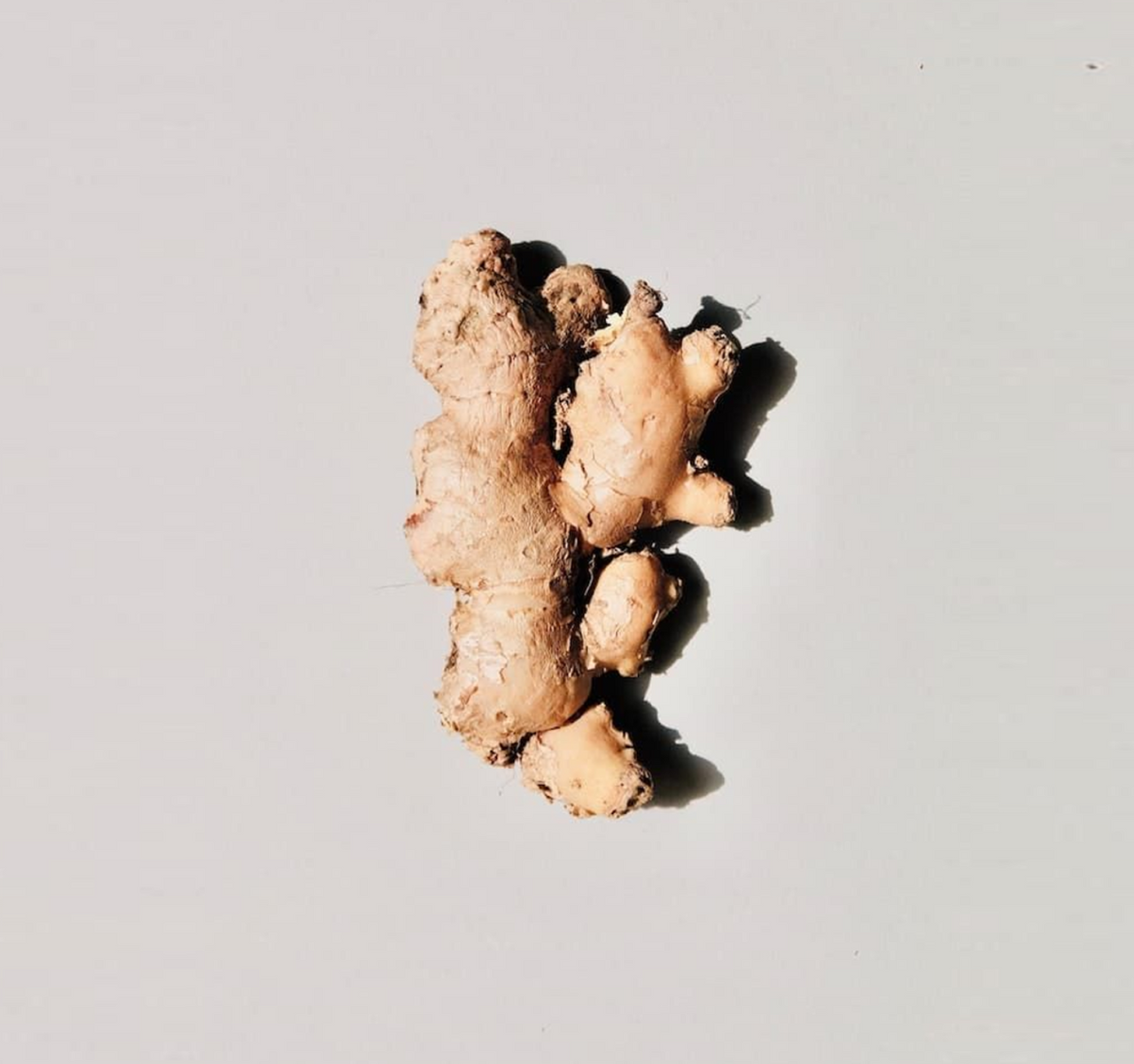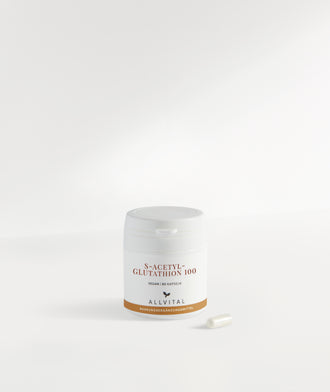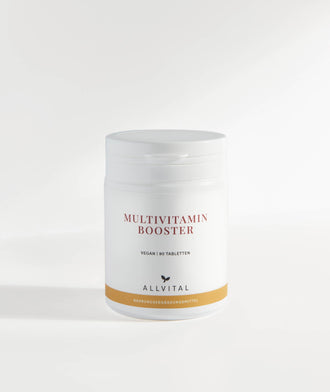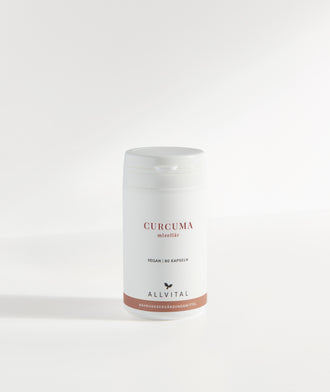
The liver – the multitasker of our body
The liver plays a central role in detoxifying harmful substances and has many other vital functions. However, our modern lifestyle—with processed foods, lack of physical activity, and countless environmental toxins—poses significant challenges to it daily.
The liver’s functions
The liver is located in the upper right abdomen, just below the diaphragm. Unlike other organs, it has a unique blood supply system. The hepatic artery delivers oxygen-rich blood to liver cells, while blood from the portal vein also flows into the liver.
The portal vein comes from the intestine, carrying substances absorbed through the intestinal lining, such as nutrients, medications, and toxins, to the liver. One of the liver’s key functions is to process these nutrients and detoxify harmful substances from the portal vein blood before they reach the rest of the body.
Besides being the central organ for detoxification and nutrient processing, the liver has many other essential functions:
- Production of bile: Bile acids are produced in the liver and stored in the gallbladder. They are released into the intestine to aid fat digestion.
- Synthesis of specific proteins like albumin for blood plasma: Plasma proteins are crucial for maintaining the body’s fluid balance.
- Production of cholesterol: Cholesterol is vital for building cell membranes and synthesizing hormones.
- Regulation of energy metabolism: The liver stores excess glucose (blood sugar) as glycogen and releases it when needed. Through gluconeogenesis, it can also produce glucose from non-carbohydrate sources, ensuring energy supply during fasting.
- Storage of iron and fat-soluble vitamins
- Production of fibrinogen for blood clot regulation
- Breakdown of medications and other harmful substances in the blood
- Defense against infections and removal of bacteria from the bloodstream
Without the liver and its versatile functions, our body would not survive—making it all the more important to take good care of this multitasker.
How the Western lifestyle harms the liver
Our modern lifestyle presents the liver with substantial challenges and can contribute to various diseases.
Non-alcoholic fatty liver disease (NAFLD) has become a widespread condition. It develops due to a combination of calorie-rich, sugar- and fat-laden diets, along with a lack of physical activity, leading to obesity. This results in fat being stored in liver cells, which over time causes inflammation and reduced organ function.
Impaired liver function is linked to an increased risk of high blood pressure, cardiovascular diseases, type 2 diabetes, and other health issues. Advanced fatty liver disease symptoms may include fatigue, lack of energy, concentration difficulties, and digestive problems. In Germany, around one in four adults over 40 is affected by NAFLD (1).
If lifestyle changes are not made to counteract the progression of fatty liver disease, irreversible liver damage can occur. This begins with inflammation and enlargement of the organ and eventually leads to scarring and shrinking of the liver, a condition known as cirrhosis.
Alcohol and the liver: Why giving it up is worth it
In addition to an unhealthy, calorie-rich diet, alcohol consumption can significantly harm the liver and contribute to fatty liver disease. When fatty liver is primarily caused by alcohol, it is referred to as alcoholic fatty liver disease.
Alcohol is a cellular toxin that damages every organ and cell in the body. The liver, however, is particularly affected, as it is responsible for detoxifying alcohol.
During the breakdown of alcohol (ethanol), a toxic byproduct called acetaldehyde is produced, which damages liver cells. Regular consumption of large amounts of alcohol increases the risk of severe damage, such as liver inflammation and cirrhosis, where functional tissue is irreversibly replaced with scar tissue.
Are there safe amounts of alcohol?
Alcohol is a toxin for our cells and is harmful in any quantity. Thus, there is no such thing as "safe" or "harmless" amounts. Complete abstinence from alcohol is the best option.
For those who still choose to drink occasionally, consumption should be kept to a minimum, not exceeding 1–2 alcoholic drinks per week.
Other harmful factors
Beyond alcohol, various elements of modern Western lifestyles can also strain the liver. These include certain medications, environmental toxins, chronic stress, and lack of sleep. Additionally, leaky gut syndrome burdens the liver, as it allows toxins, microorganisms, and foreign proteins from the gut to enter the portal vein and, consequently, the liver.
Tips for a healthy liver
The liver is not only a multitasker for our health but also a master of regeneration. Under the right conditions, it can recover effectively. Below are some tips to strengthen liver health.
Drink plenty of water
The liver needs sufficient hydration to perform its detoxification tasks effectively. Water and unsweetened teas—particularly herbal teas like milk thistle or dandelion—help flush out toxins.
Eat plenty of fruits and vegetables
A liver-friendly diet avoids sugar, unhealthy fats, and processed foods. The focus should be on organically grown fruits and vegetables. Foods like artichokes, beets, and garlic are especially beneficial for the liver.
Engage in regular physical activity
Consistent exercise is crucial for reducing excess fat and preventing fatty liver disease. Even moderate activities like daily walking positively impact liver health and overall metabolism.
Reduce stress levels
Chronic stress can strain the liver by increasing cortisol levels, which promotes fat storage in the liver. Relaxation techniques such as yoga, meditation, or breathing exercises help reduce stress and indirectly support liver health.
Supplements for a healthy liver
Ensuring an adequate supply of vital nutrients is essential for the liver to perform its metabolic and detoxification functions optimally. The following supplements are recommended to support liver health:
- S-Acetyl-Glutathione: Glutathione is one of the body’s most potent antioxidants, found in every cell. The liver, as the primary detoxification organ, has particularly high levels of glutathione, which is crucial for protecting liver cells from oxidative stress. S-Acetyl-Glutathione offers significantly better cellular bioavailability than the commonly used reduced glutathione.
- Multivitamin Booster: This high-dose micronutrient complex includes 48 vitamins, minerals, and trace elements. These nutrients are essential for all metabolic processes in the body. The supplement also contains the vitamin-like substance choline, which supports normal liver function and fat metabolism.
-
Curcuma micellar: Curcuma micellar is a liquid curcuma extract that contains curcumin in a highly concentrated form. Due to the unique micellar structure, the fat-soluble curcumin is packed in a water-soluble layer (so-called micelles). The inclusion in micelles leads to an increased absorption of curcumin in the gastrointestinal tract and to a significant increase in bioavailability.
Since gut health is closely linked to liver health, we recommend reading our article “How a balanced gut microbiome promotes health.” There, you’ll find tips for improving gut health and learn about supplements specifically designed to support the gut.
Conclusion: Take care of your liver
The liver is an indispensable organ that performs incredible feats for our health every day. However, our modern lifestyle can place significant strain on it, negatively impacting overall health. By making conscious choices for a healthier lifestyle, we have the power to keep our liver healthy—or to help it recover.
Sources
- Nicht-alkoholische Fettleber (NAFL) – Platz eins der Fettleber-Diagnosen. Deutsche Leberstiftung [Internet]. [aufgerufen am: 26.12.2024].




